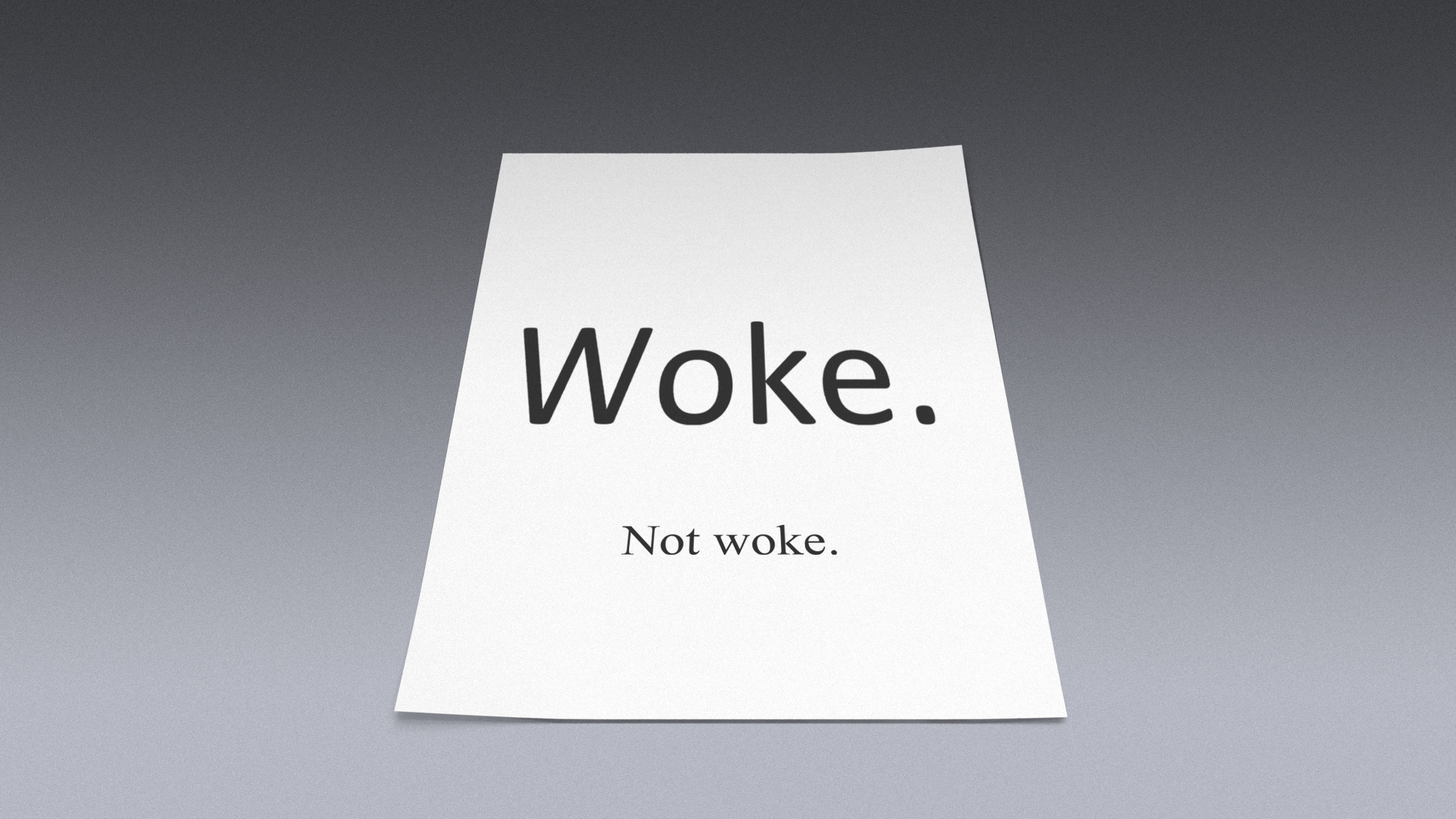Rick Santorum's flawed plan for working America
The surprise GOP frontrunner wants to help blue-collar workers by slashing taxes on manufacturing — all but ignoring the pressing issue of soaring health-care costs

In his triumphal speech after the Iowa caucuses, former Sen. Rick Santorum (R-Pa.) spoke ardently about the need to restore American manufacturing as a source of secure jobs for middle-class workers.
Santorum's concern for the American middle class has been one of the most attractive features of his candidacy for the Republican nomination. Alone among the Republican candidates, he took note of the freezing of upward mobility and the stagnation of middle-class wages even before the financial crisis of 2008.
So what's his plan? Santorum has proposed a special lowered rate of federal tax for manufacturing.
The Week
Escape your echo chamber. Get the facts behind the news, plus analysis from multiple perspectives.

Sign up for The Week's Free Newsletters
From our morning news briefing to a weekly Good News Newsletter, get the best of The Week delivered directly to your inbox.
From our morning news briefing to a weekly Good News Newsletter, get the best of The Week delivered directly to your inbox.
A minute's thought will suggest why this is a poor idea. What is manufacturing anyway? Building a car is manufacturing, obviously. What about building a mobile home? What about building a non-mobile home?
The critical health-care issue clearly does not engage Santorum, beyond the usual, requisite attacks on "ObamaCare."
Assembling a computer out of parts is likewise obviously manufacturing. What about assembling a taco?
Clearly, talking on the phone is not manufacturing. What about operating a computer help center? No? But what if the center is operated by the computer assembler? Yes? Okay, now suppose the computer assembler has 80 percent of its staff on the phones, and only 20 percent on the shop floor.
A free daily email with the biggest news stories of the day – and the best features from TheWeek.com
The definitional problems are insuperable, and will only plunge the corporate tax code into ever more fathomless complexity.
Santorum has arrived at this impossible outcome because he has limited his arsenal of policy instruments to one instrument only: taxes, and specifically, the reduction of taxes.
It doesn't have to be this way. Germany manages to rank second only to China as an exporter of manufactured goods, despite an effective corporate tax rate estimated at 30 percent.
The heaviest burden on U.S. manufacturing enterprises is not tax. It's health-care costs. The Ford Motor Company estimates that $1,500 of the price of an average new vehicle goes to pay for auto workers' health benefits, the single largest cost in the entire manufacturing process. Not only does the U.S. pay 60 percent more for health care than most of America's competitors, but the U.S. uniquely places the burden of those costs on employers. Many employers — including many smaller-scale manufacturers — avoid those costs by omitting coverage. That solution only adds to the difficulties faced by the middle-class families whom Santorum would wish to champion.
So what has Santorum to offer on this issue? Not much. Santorum's health-care policy is the generic platform of congressional conservatives: repeal President Obama's Affordable Care Act, allow the purchase of policies across state lines, implement the use of health savings accounts, etc.
The critical health-care issue clearly does not engage Santorum, beyond the usual, requisite attacks on "ObamaCare," of course. Yet nothing matters more to the incomes and economic security of middle-class Americans.
As important as health-care reform is to U.S. competitiveness and middle-class living standards, it is not the whole of the story by any means. We're dealing here with the central social problem of the past decade, and the answers are complex and far from obvious. Yet here's what we can say:
Rick Santorum wants to campaign against Mitt Romney as the beer candidate against the wine candidate, the downmarket candidate against the upmarket candidate. For the most part, however, Santorum expresses this downmarket identity through values issues: abortion, gay marriage, and so on. Remarkably, his economic plan offers the richest Americans a big tax cut. Mitt Romney's economic plan does not. In these hard times, middle-class Americans need economic solutions, not culture war; they need a program for balanced economic growth, not a tax gimmick.
-
 Spain’s deadly high-speed train crash
Spain’s deadly high-speed train crashThe Explainer The country experienced its worst rail accident since 2013, with the death toll of 39 ‘not yet final’
-
 Can Starmer continue to walk the Trump tightrope?
Can Starmer continue to walk the Trump tightrope?Today's Big Question PM condemns US tariff threat but is less confrontational than some European allies
-
 There’s a new serif in town: Trump’s font overhaul
There’s a new serif in town: Trump’s font overhaulIn the Spotlight As the State Department shifts from Calibri to Times New Roman, is this just a ‘typographic dispute’, or the ‘latest battleground’ of a culture war
-
 The billionaires’ wealth tax: a catastrophe for California?
The billionaires’ wealth tax: a catastrophe for California?Talking Point Peter Thiel and Larry Page preparing to change state residency
-
 Bari Weiss’ ‘60 Minutes’ scandal is about more than one report
Bari Weiss’ ‘60 Minutes’ scandal is about more than one reportIN THE SPOTLIGHT By blocking an approved segment on a controversial prison holding US deportees in El Salvador, the editor-in-chief of CBS News has become the main story
-
 Has Zohran Mamdani shown the Democrats how to win again?
Has Zohran Mamdani shown the Democrats how to win again?Today’s Big Question New York City mayoral election touted as victory for left-wing populists but moderate centrist wins elsewhere present more complex path for Democratic Party
-
 Millions turn out for anti-Trump ‘No Kings’ rallies
Millions turn out for anti-Trump ‘No Kings’ ralliesSpeed Read An estimated 7 million people participated, 2 million more than at the first ‘No Kings’ protest in June
-
 Ghislaine Maxwell: angling for a Trump pardon
Ghislaine Maxwell: angling for a Trump pardonTalking Point Convicted sex trafficker's testimony could shed new light on president's links to Jeffrey Epstein
-
 The last words and final moments of 40 presidents
The last words and final moments of 40 presidentsThe Explainer Some are eloquent quotes worthy of the holders of the highest office in the nation, and others... aren't
-
 The JFK files: the truth at last?
The JFK files: the truth at last?In The Spotlight More than 64,000 previously classified documents relating the 1963 assassination of John F. Kennedy have been released by the Trump administration
-
 'Seriously, not literally': how should the world take Donald Trump?
'Seriously, not literally': how should the world take Donald Trump?Today's big question White House rhetoric and reality look likely to become increasingly blurred